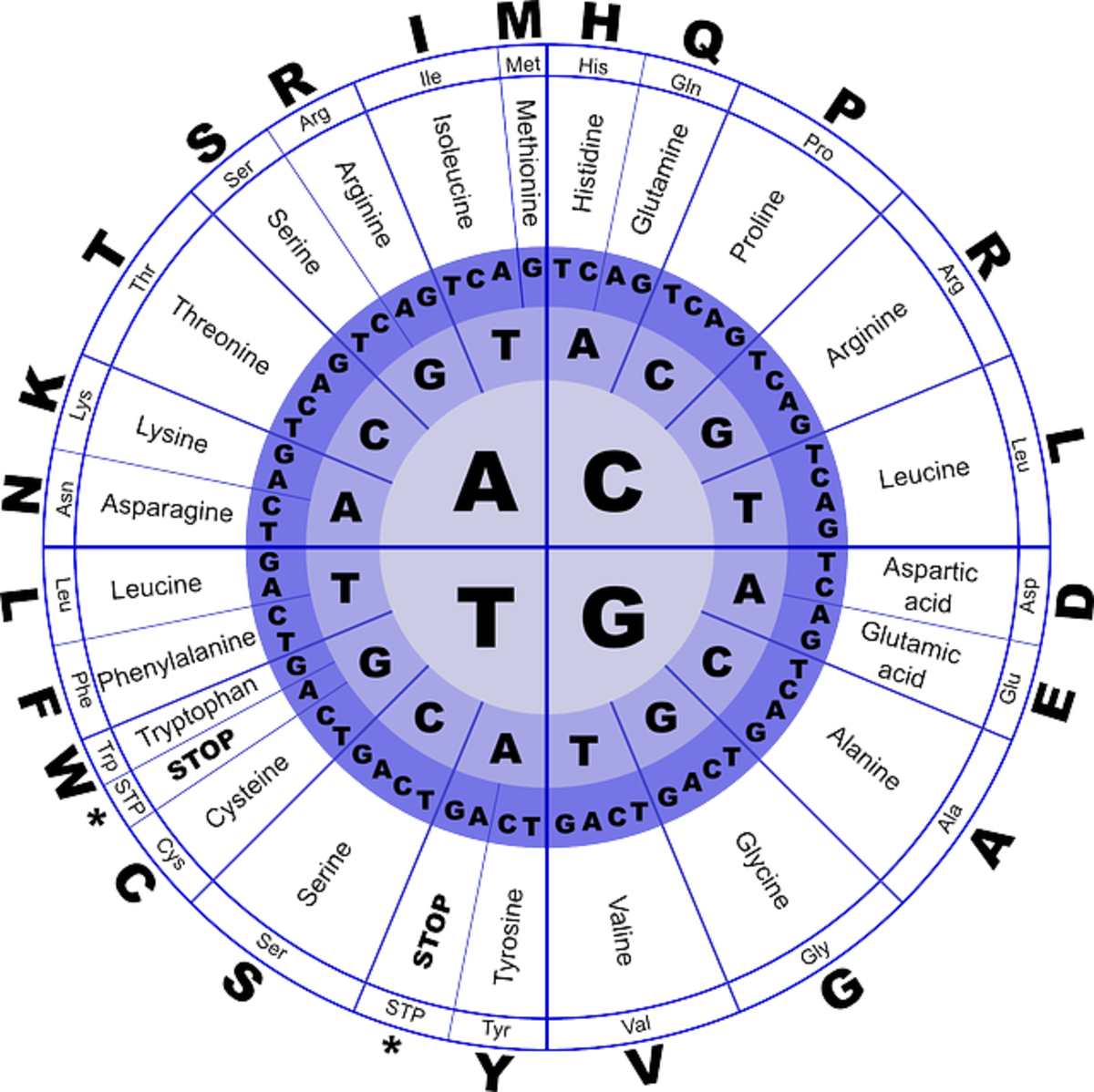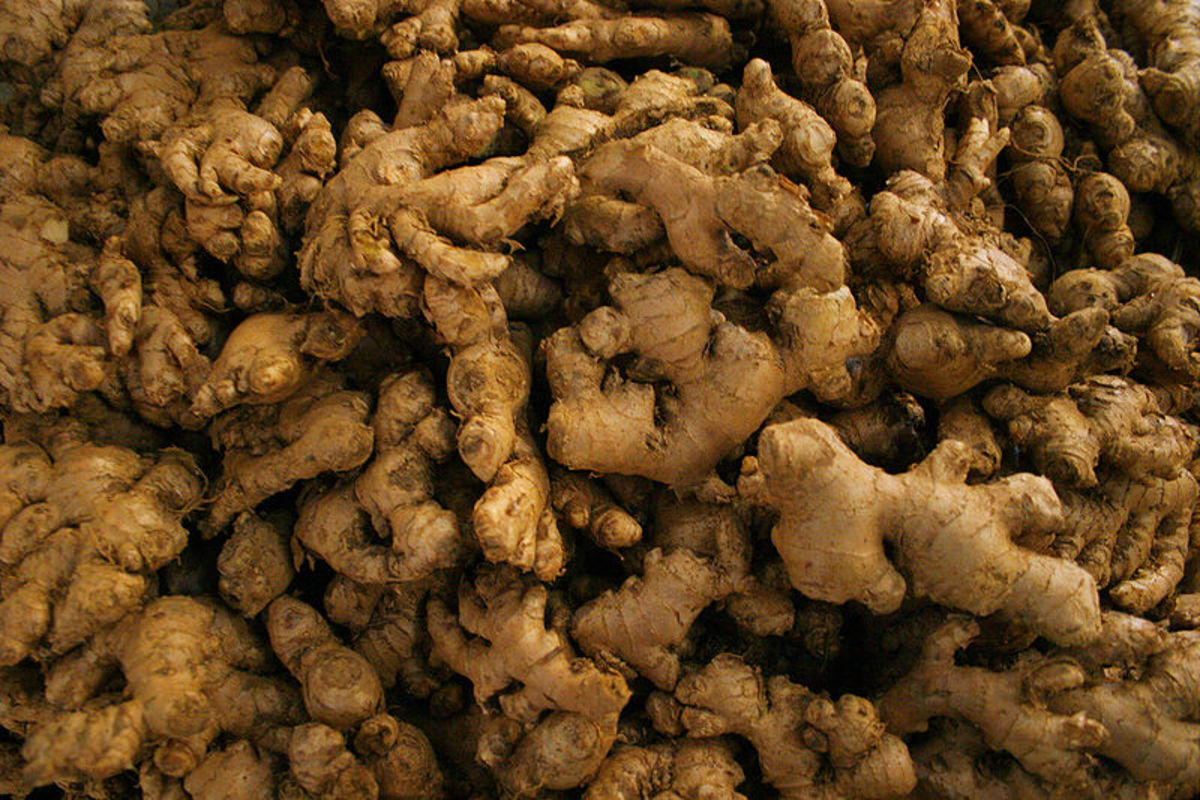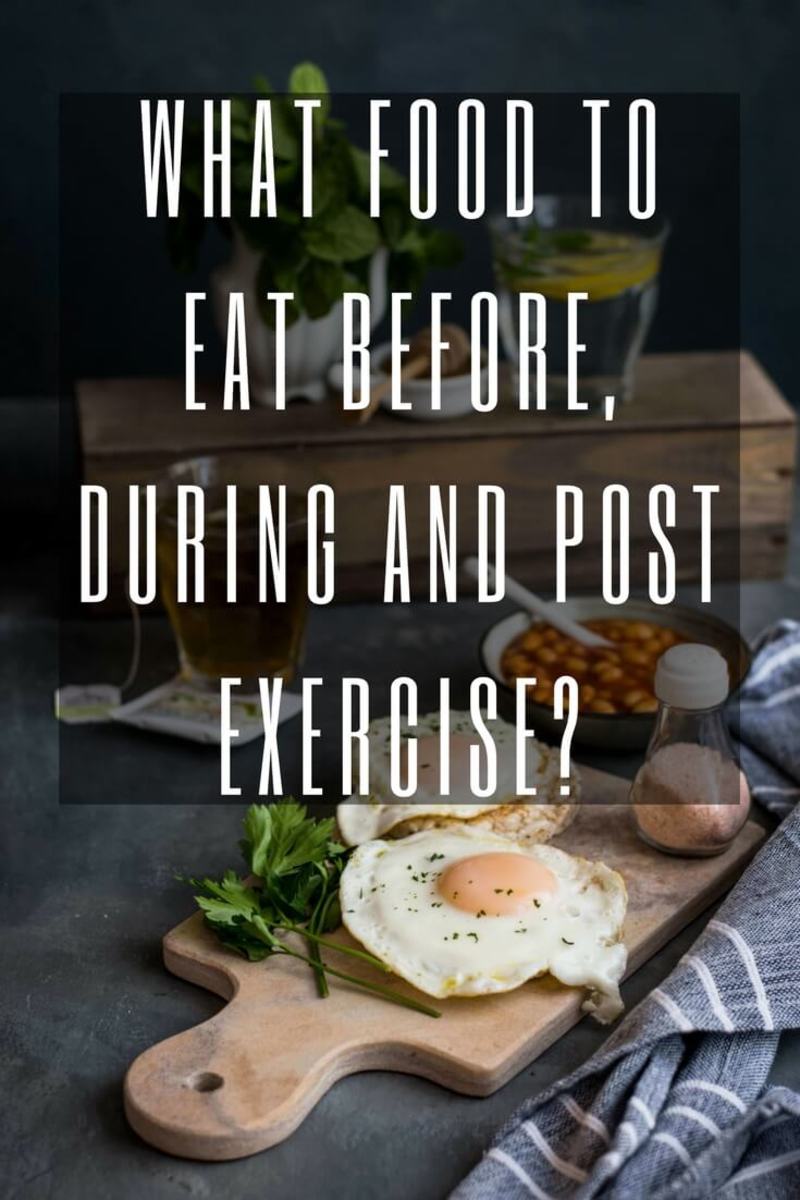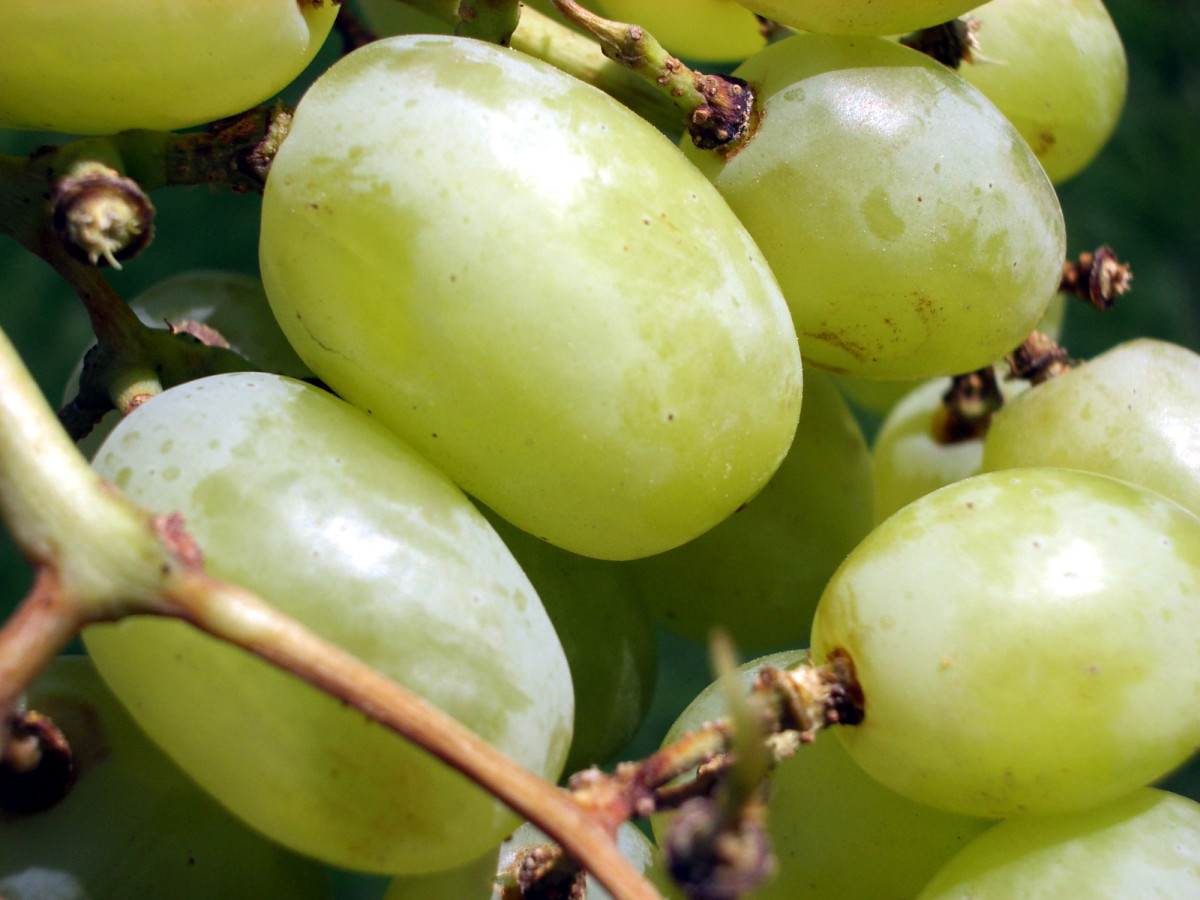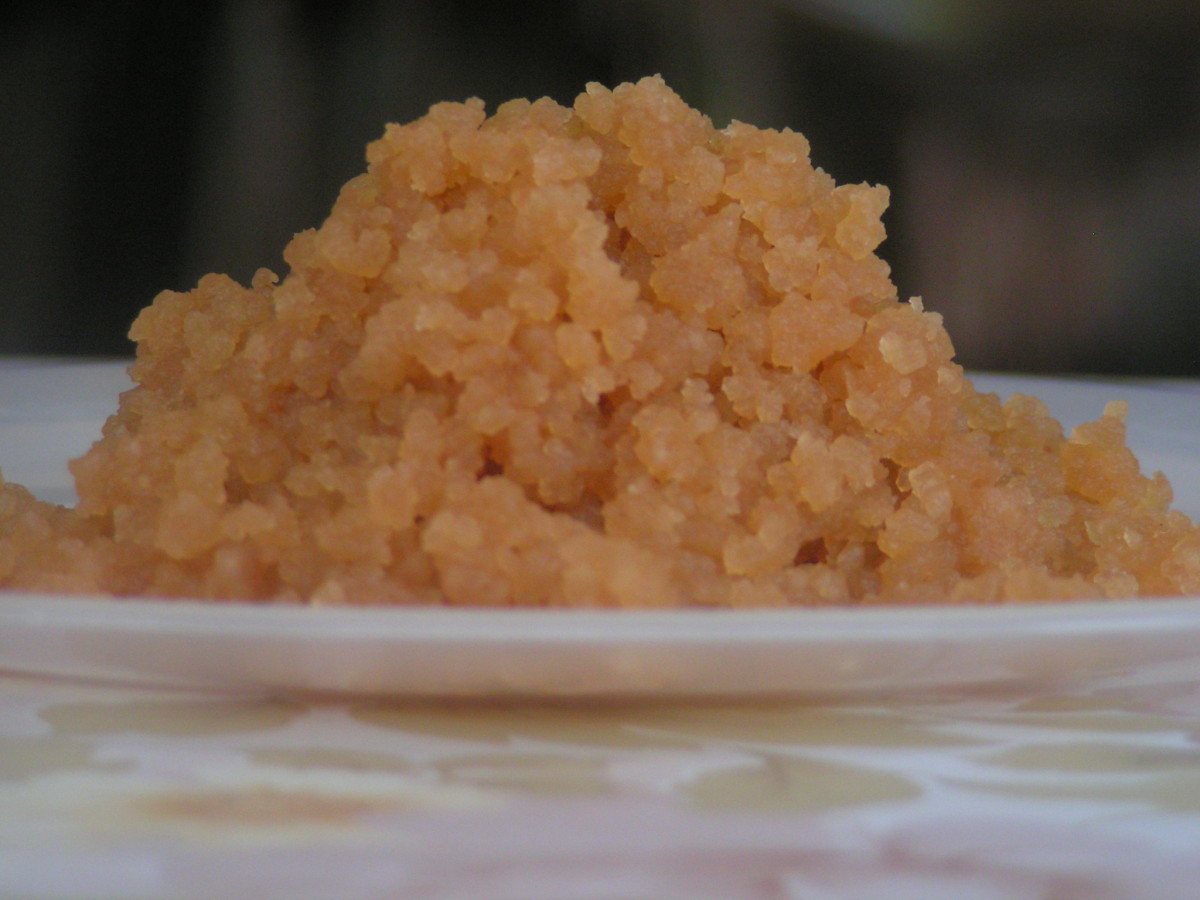Plant Proteins versus Animal Proteins
Proteins are one of the three macro-nutrients that the body needs. The three macro-nutrients being carbohydrates, proteins, and fats.
You've probably heard of good fats and bad fats. And you might even hear of good carbohydrates and bad carbohydrates. But have you heard of good protein and bad protein?
Just like there are good and bad fats, and just like there good and bad carbohydrates, there are good and bad proteins. Note that what is what constitute good proteins and bad proteins is still under debate at this time.
Some nutritionists are saying that we should be most of our proteins from plant-based foods. Others say that these are inferior and incomplete proteins, and that animal products is of a higher quality and complete proteins. Therein is where the controversy lies.
When you think of proteins, you probably think of meat. The truth is that plants and beans have protein too. Although they may not be as concentrated as the amount of protein in meat. In other words, you might have to eat a larger volume of vegetables in order to get the same amount of protein as in meat. Beans for example is a plant-based food that is particularly a good source of protein. It makes a big difference in what foods the protein comes packaged in.
The protein in plant versus the protein in animals are not the same; they have different molecular structure. Protein are good and we need them in our diet everyday (and preferably in every meal). However, from what foods we get our protein from is important.
Eggs is one animal-based product that contains good high quality protein. After that, the next source of protein should be from fish such as salmon and sardines. Then pastured-raised beef and lamb. And then poultry such as chicken and turkey. Lastly would be pork -- and here is why.
While it is true that those meat that contain protein also comes with saturated fat and cholesterol, many are saying that saturated fat and cholesterol is not to be avoided, and may indeed be beneficial in moderation. Plant-based protein however does not contain cholesterol.
How Much Protein Do We Need?
Protein consumption is essential for us to maintain our lean body mass, especially as we get older. But how much is enough. Of course, that depends on the individual genetics as well as body mass and level of activities.
In order for the body to not have to break down own tissue for protein, a Harvard School of Public Health article says that a person needs a minimum of 8 grams of protein per day for every 20 pounds of body weight.[4] This comes out to be 70 grams per day for an 175-pound person.
Article on TasteOfHome.com says 0.8 g of protein per kilogram of body weight. So a 175 pound person would need 64 grams per day.
Since protein is quite easily obtained in our foods, most people in the developed world will not have problem getting enough protein.
As a guide, Kilmer McCully writes ...
"Two to four ounces of meat, poultry, fish or eggs provide more than adequate animal protein in a single day." [page 161 of The Homocysteine Revolution]
In episode 24 of Ask the Low-Carb Experts, Dr. Donald Layman believes in a somewhat higher protein consumption at the amount of 30 grams per meal assuming three meals spread out across the day. He says that you need at least 30 grams in a meal in order to trigger the synthesis of lean body mass. This amounts to 90 grams of protein per day.
An ounce of meat is roughly 7 grams of protein. So a quarter-pound (4 oz) hamburger patty is 28 grams of protein -- just about right for one meal.
Too much animal protein is not necessarily better. First, animal protein increases homocysteine levels.
And second, protein metabolism puts a strain on the kidneys. Diabetics in particular should watch the protein intake, because diabetes is the number one cause of kidney failure. This is because the high blood sugar damages the tiny blood vessels in the kidney's filtering system.
And third, high protein makes the blood slightly acidic. The body has to normalize the pH of the blood by moving calcium from the bone to the blood. This leads to osteoporosis.
Hence, some recommend a much lower range of protein. Dr. Whitaker, author of Reversing Diabetes, recommend 20% of calories be from protein and that ...
"The consensus among international experts ... is that the human body requires 0.5 - 0.8 grams of high-quality protein per kilogram (g/kg) of body weight. For a 150-pound person this equals 35-55 grams of protein per day. Some experts recommend even less." [page 130]
Animal Proteins Raise Homocysteine
Animal proteins raises homocysteine levels more than plant proteins. Homocysteine is an amino acid in blood. Elevated homocysteine levels is associated with cardio-vascular disease, dementia, cancer, and stroke.
Book UltraPrevention says ...
"Certain proteins, such as those found in animal proteins, tend to raise the level of homocysteine, whereas the proteins in vegetables, containing different amino acid structures, do not raise homocysteine. Thus an excess of animal protein in the diet may cause harm, whereas consuming many plant proteins won't." [page 157]
It is possible to get your homocysteine checked. Usually homocysteine is not a problem for those eating meat provided that they get enough B vitamins, which lowers homocysteine. B vitamins comes from leafy greens, liver, some animal red meats, or even supplements.
Eat More Vegetables
So inspired and motivated by the data found while researching and preparing for the talk titled "Nutrition in a Bottle: Vitamins Minerals and Supplements", Dr. Ellen Hughes tripled her vegetable consumption. You can watch the talk on YouTube below.
Eat Mostly Plants
In this regard, plant protein is preferable to animal protein because plant protein contains two to three times less methionine than plant protein. Plants also have higher levels of beneficial B vitamins.
However, do not over-cooked vegetables because B6 and folic are easily lost due to heat. Quick steaming of vegetables on low heat would be ideal if you can not eat them raw. Choose organic if possible. An exception is mushrooms which needs to be fully cooked.
The book The Homocysteine Revolution writes ...
"consumption of a predominantly vegetarian diet supplies somewhat less methionine than a diet containing a predominance of meat, dairy and egg protein." [page 148]
In his book, In Defense of Food, Michael Pollen sums up how we should eat: "Eat food. Not too much. Mostly plants."
This does not mean for you to avoid meat. Vitamin B12 (which you need) comes primarily from meat and dairy products. It just means that you should eat more vegetables than meat. Vegans who do not eat any animal products may have difficulty reaching optimal vitamin B12 levels and may want to take vitamin B12 supplements or shots.
Whole Food Plant-Based Diet Decreases Cancer Risk
In the documentary Forks over Knives, it advocated a whole-food plant-based diet. One of the reasons was that this kind of diet consisting of high amounts of vegetables and fruits is found to lower cancer risk.
Plants have many potent phytochemicals that have anticancer properties as explained by Dr. Joel Furhman's book Superimmunity.
Beans, nuts, and whole grains are a good source of plant-based protein. However, even spinach and other vegetables have some amount of protein.
Essential Protein Amino Acids
Upon digestion, proteins break down into amino acids. There are nine essential amino acids that the human body needs: The nine essential amino acids are tryptophan, threonine, isoleucine, leucine, lysine, methionine+cystine, phenylalanie+tyrosine, valine, and histidine. Since the body can not manufacture these, this means that we have to get these amino acids from foods. Furthermore, there are a set of "conditionally essential" amino acids that the body can synthesis in limited or insufficient amounts: arginine, cysteine, glycine, glutamine, histidine, proline, serine and tyrosine. So ideally we should get these amino acids from foods as well.
The problem with plant-based proteins is that they are "incomplete proteins". These types proteins lack one or more of the mentioned amnio acids. Beans may have one type of essential amino acid, but not all the essential amino acids. And nuts may have another type of essential amino acid, but not all of them. So vegetarians must eat a varieties of plant based foods in order to get the full set of essential amino acid that the body needs. These essential amino acid must be obtained from foods since the body can not make them.
"Complete proteins" which contains all the essential amino acid are typically found in animal products.
Eggs are High Quality Protein
Eggs are "complete protein" and is an excellent source of high-quality protein. This would not be surprising, since the egg must contain all the ingredients to support the life of a baby chick.
For people without high cholesterol, eggs in moderation of one per day would be fine. Read more about why eggs are healthy.
Protein Efficiency Ratio
Just because we put protein into our mouths, does not necessarily mean that our body absorb all of the protein. The amount that we are able to absorb is its bioavailability. The protein efficiency ratio (PER) is defined as the gain in body mass per protein consumed. It give you an indication of how much protein amino acids will be absorbed after a particular food is eaten.
Protein Digestibility Corrected Amino Acid Score
Another measure of a protein's bioavailability is the Protein Digestibility Corrected Amino Acid Score, or PDCAA for short. The PDCAA score ranges from 1 being good to 0 being lowest.
Egg and beef comes in very high.
Good Animal-based Protein
For non-vegetarians, good source of animal-based protein are from fish, pastured-raised beef, and poultry such as chicken and turkey. These are "complete protein". Fish such as salmon and sardines contain healthy omega-3 fats as well. Chicken and turkey are leaner and have less saturated fat than red meats.
Dr. Kilmer McCully writes in The Heart Revolution that ...
"depending only on plant for protein is not a good idea because the protein is inferior. I would suggest getting two to three servings of protein from meats, fish, poultry, eggs, or cheese, every day." [page 38]
Which is better? Animal or Plant Protein
Although it is possible for some people to do well on a vegetarian diet, others may not be able to. Every individual is different. Some require more protein, other require more fat, and other require more carbohydrates.
There is a strong case for having good quality animal products in one's diet which I have written about here. And there are cases where individuals have problems with vegetarian diets as mentioned here.
It may be more difficult for a vegetarian to consume enough of the raw nutrients that the body requires. They need to understand enough about the constituents of the foods to piece together a complete protein set. Whereas the non-vegetarian can eat a piece of meat and get the complete protein set.
Of the three macronutrients. Protein and fat are essential. Carbohydrates are somewhat optional. There are some benefits to avoiding carbohdyrates. A vegetarian who is also low-carb will find a difficult time getting enough protein and fat without eating animals.
For me personally as to what I think is healthy.... I do a reduced carb diet. I eat both healthy animal proteins and fats as well as plant-based protein and fats. But I make sure I eat lots of leafy green and B vitamins to keep homocysteine low.
Learn More:
The information in this article is based in part from the materials from ...
[1] UtlraPrevention by Mark Liponis and Mark Hyman
[2] The Homocystein Revolution by Kilmer McCully
[3] The DVD documentary "Forks Over Knives"
[4] Protein: Moving Closer to Center Stage - Harvard School of Public Health




